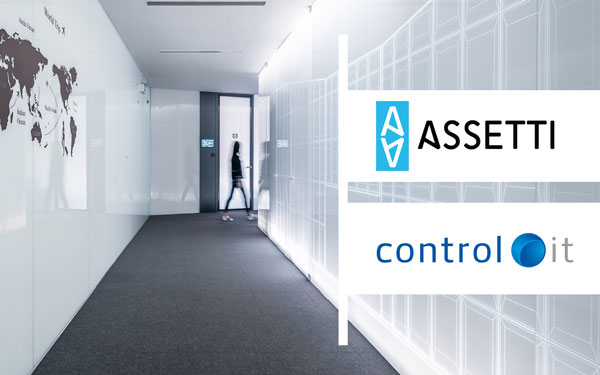There are several benefits to working and interacting by email: It allows remote work, is simple to use, and is always available and accessible. In business, email is the most popular way of communication.
If the author writes a short note with perfectly clear points, email can be a clear and explicit way to communicate. Long management narratives should be delivered in a different way.
Email can be used to improve business relationships
Email plays a similar role in the real estate industry. In reality, without email, the entire scene will fall apart. The real estate industry promotes business partnerships, and there are many activities and meetings that rely on face-to-face interaction. Yet, during the conversation, a broker, property asset manager, or property manager will often say, “I’ll send it to you by email…” When you don’t have precise details on hand, email follow-up is a great way to maintain connections.
This may appear to be ideal, but it will lead to email overload. The more your company progresses, the more your inbox fills up and knowledge gets lost in the shuffle. Is there any way to stop getting an overflowing inbox and the inconvenience of filtering and sorting emails into folders?
1. Make a phone call
Emails are vulnerable to being misinterpreted. Respondents may become confused if the message is not succinct and to the point, and the email communication may end up with several responses back and forth.
Time is wasted, and no actions or decisions are taken.
Email is universally available and affordable for the vast majority of users. Email is also a great way to connect through time zones. It is, however, not the best tool for pushing things forward.
2. Use industry-specific cloud apps
Email overload is an issue in companies of all sizes. Unifying information and communication technology and using the same technologies throughout the organization has been the “enterprise IT strategy” and it works.
If everybody follows the method, it is simple to manage. However, it does not solve the challenge of good communication.
The task of a property asset manager is to increase asset utilization and productivity. So, should they spend their time working with a property asset management solution or emailing clients?
The commercial real estate industry (CRE) is on the verge of going digital. A tool other than email is needed for property asset managers to have planned actions, relevant data, and direct contact.
Utilizing property asset data and having your notes and comments in the correct context will make every property asset manager’s life easier. Having your notes in the right place and with the right data enables better response when you get the call from your tenants.
There will be no more “I’ll send it to you by email” replies, but instead the actual possibility of holding a conversation right now. And it’s not just you who’s up to date; your teammates are as well.
3. Get proper document management
People are overusing email because it has become such an important part of their work. It’s simply too easy to use. We use email to take notes and store documents.
You should have access to all of your data and document databases at all times, whether you are in the office or on the road. One of the reasons why people use email excessively is because of this.
Modern document management systems (e.g. M-files) are designed to promote smooth communication within an organisation. These tools include powerful search filters for finding the data you need, as well as a plethora of options for creating a strong and modern working environment.
Document management makes your life simpler, whether your data is stored in the cloud or on your own servers. Particularly when using a cloud-based solution to manage the documents.
It improves productivity and guarantees that your colleagues have access to the same data as you.
Growing efficiency and enhancing customer service
Email is a good tool to structure a message. It is a universal tool that makes communication easy. However, it does not listen or create a trust relationship with your tenants or stakeholders. It’s a simple and cold form of communication. Find a sales angle and make a phone call to get a commitment from your clients. You likely won’t close deals by just sending emails, nor will you be on top of the data you need to master.
Email is not a sales tool or a ticketing system. Giving a call and booking a meeting has tremendous value. Listening to your tenants and learning more about their companies will help you boost your business and sales. Only a few property asset management companies can claim to be truly local. Good tenant relationships can also work as a channel to the local market intelligence.
Email is a useful method for sending documents, but it is not a document management system. If you don’t know your way around documents, and particularly if you can’t find the right document, good documentation is useless. Anyone who has worked in property asset management or managed large commercial real estate or lease portfolios will say without doubt that the majority of data is shared via email, with both internal and external stakeholders.
Assetti is an application that makes property asset management related content management easy by keeping property asset-related communication and data in one place. Assetti collects property data, financial information, lease information, and contacts to make asset management as easy as possible.






